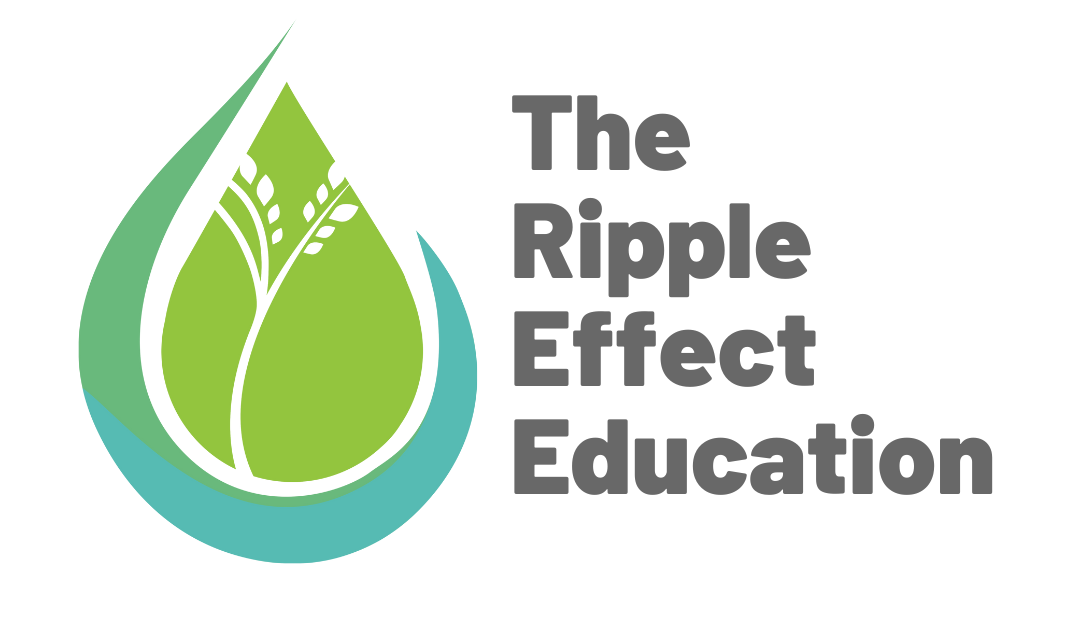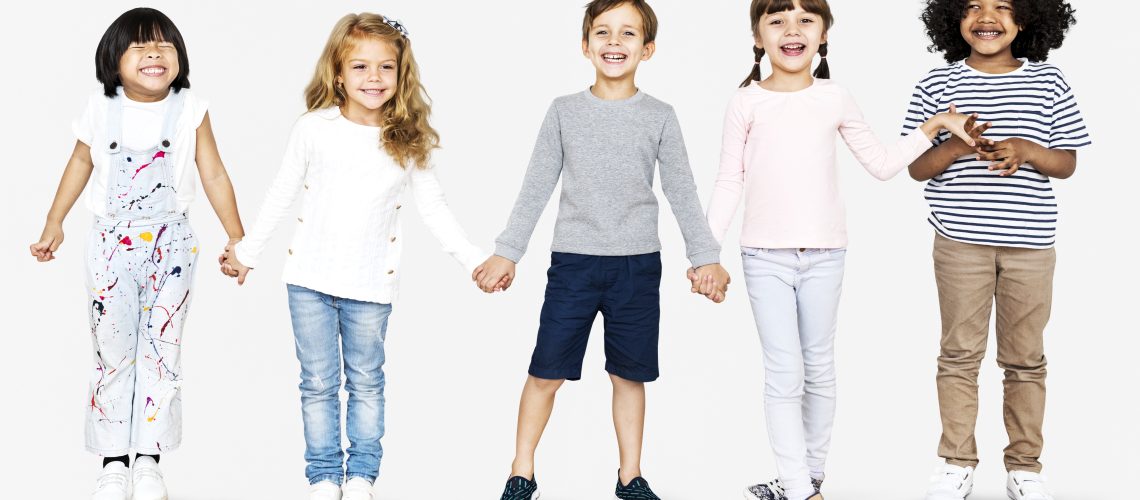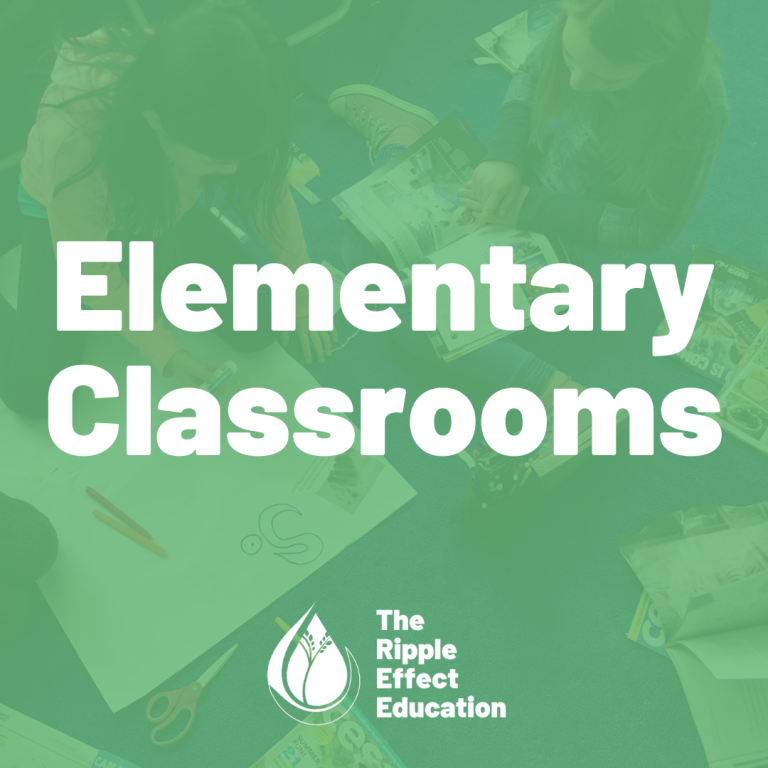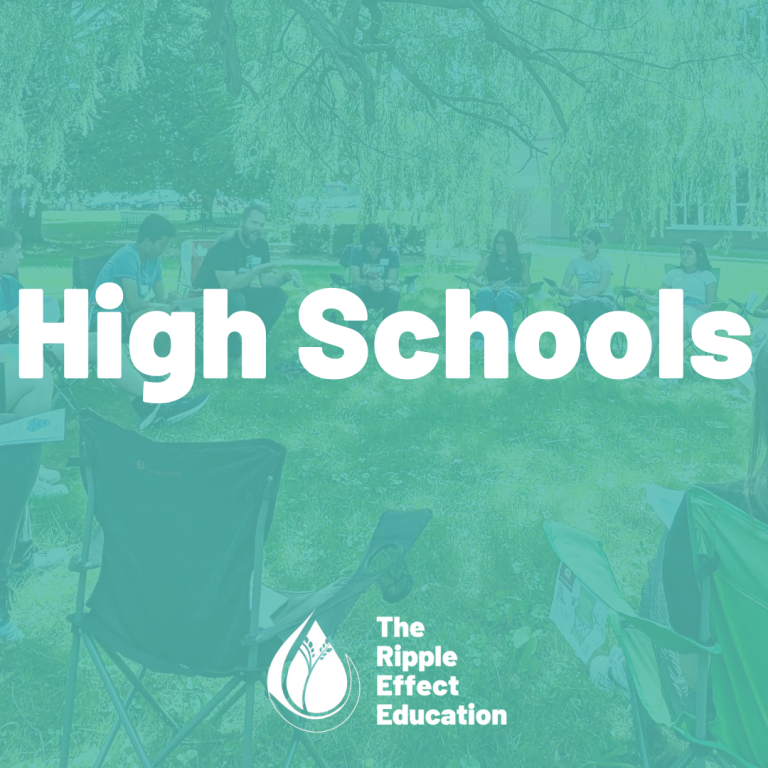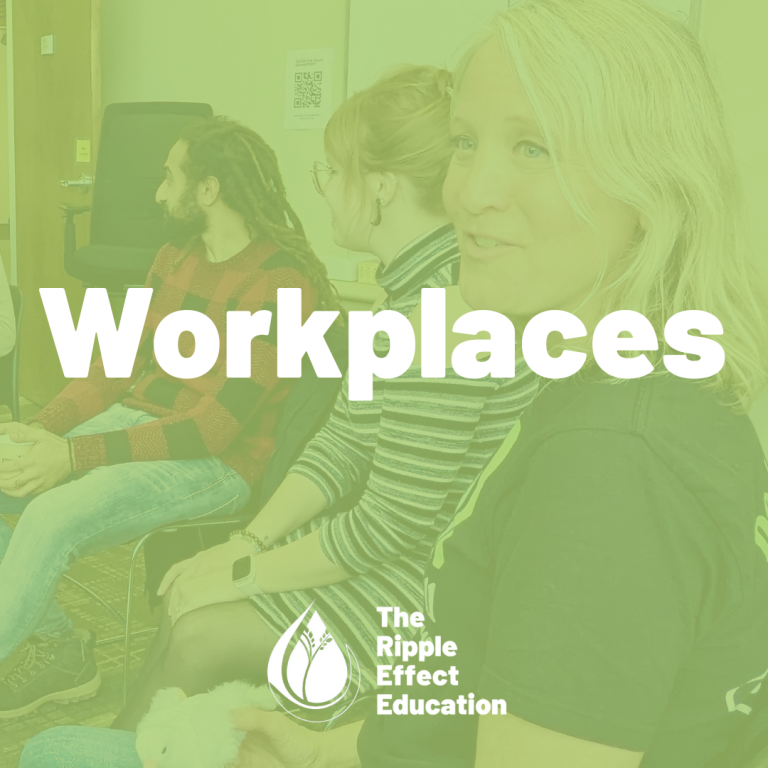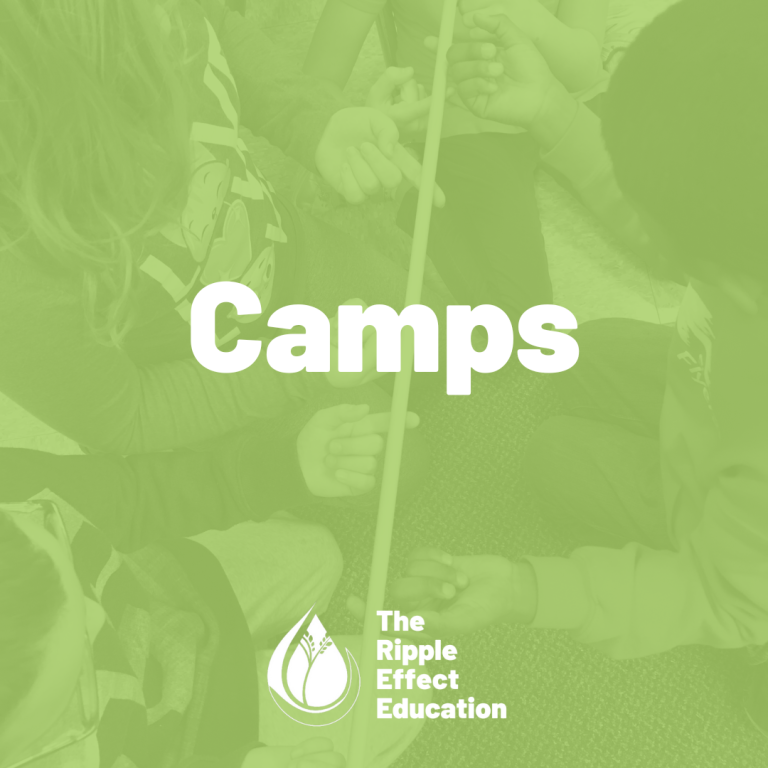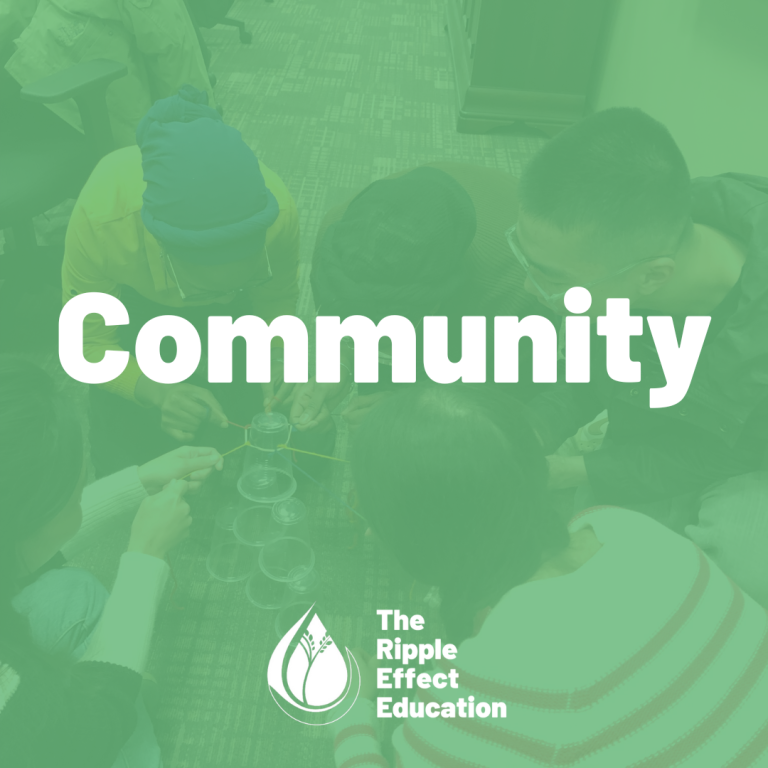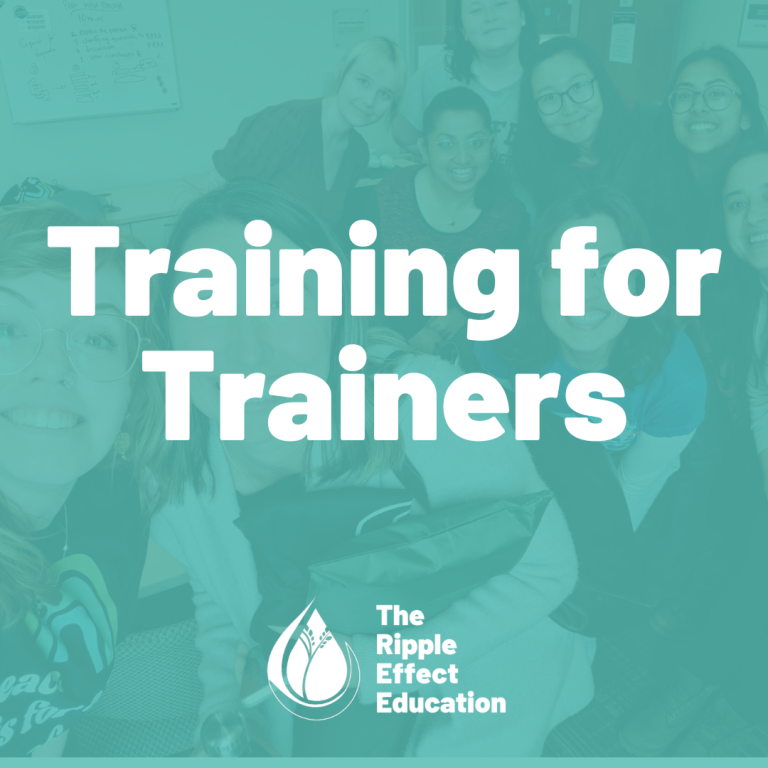One of the TREE workshops that I facilitated in the last session was with a Grade 1/2 split class, using the TREE Grade 2 curriculum. I really enjoyed working with the students and their teacher, since they were nice students who listened quite well and had high participation in group activities. But of course, some of these activities engaged them more than others, and it has been interesting to look back at which activities engaged them the most.
In the first week we played “Find-A-Friend Bingo”. Each student was given a card, like a Bingo card, but in this case each box contained a characteristic or a description that might or might not hold for someone. The students were asked to walk around the room and ask other students if what was written in a box on their card was true for the other student. If it was true, they were asked to write their name in the box. The student was asked to continue with this until they had a name in each of the boxes on their card. This activity really engaged the students, with 100% enthusiastic participation. There was a lot of energy and a lot of smiling faces as they circulated around the room looking for other students to help fill their card.
It was really satisfying to see how much this activity helped the students to learn about their classmates as individuals, at a new and different level. Learning about similarities and differences between yourself and others is a key component to building empathy, and this is an important theme in TREE workshops. Where they see similarities, “people are inclined to feel more empathy for those who are similar to them or in close proximity to them.” (Jones, et al., 2018). On the other hand, where they see differences, as Ralinda Watts states in a 2020 Edutopia article, “in acknowledging and celebrating our differences, we find our shared humanity.” (Watts, 2020).
I worked as an Assistant Teacher in a Senior Kindergarten class for the past two years. At the beginning of the last school year, the students seemed to have a lot of difficulty in getting along, with conflicts between individual students that escalated quickly, sometimes even becoming physical. Perhaps this was more of an issue than usual last year because our SK students had spent their JK year mostly at home with school online, so they had relatively little practice with peers in the classroom. The teacher and I spent a lot of time talking to them about being kind to each other, but found that they needed a lot of practice so that in the moment they would actually be able to act accordingly. So we practiced being kind through a lot of activities, and of course the teacher and I modelled kind behaviour constantly. One of the ways differences were celebrated in that class was that we celebrated every day that was special to some student in the class – the parents helped to identify these occasions, and in non-Covid times would often have come into the classroom to join in. For example, last year we all learned about Rosh Hashanah, Diwali, Hanukkah, Chinese New Year, Ramadan and Eid al-Fitr in this way. It was rewarding to see how this would make a child from that culture feel special on these days, and the positive view that other classmates had towards it, and to them. By the end of the school year, it was very rewarding for us to see how much progress the students had made in their treatment of others.
Read our other related blog posts:
References
Image by rawpixel.com</a> on Freepik
Stephanie Jones, Rick Weissbourd, Suzanne Bouffard, Jennifer Kahn, and Trisha Ross Anderson (2018). How to Build Empathy and Strengthen Your School Community, Making Caring Common Project, Harvard Graduate School of Education. https://mcc.gse.harvard.edu/resources-for-educators/how-build-empathy-strengthen-school-community
Ralinda Watts (2020). Encouraging Middle School Students to Embrace Differences, Edutopia. https://www.edutopia.org/article/encouraging-middle-school-students-embrace-differences
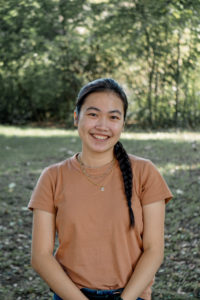 Karen Goulden graduated from Conestoga College in 2020, with a Diploma in Educational Support. She then enjoyed two years as Assistant Teacher for Senior Kindergarten at the Kitchener-Waterloo Bilingual School. In the classroom, Karen would describe herself as calm, empathetic and playful, and believes that each of these traits is important in working with young children. Over the two years, she spent considerable time with her students stressing and modelling the need to be kind and work harmoniously with each other. Karen first observed a TREE presentation in her classroom on a placement in her college program. She was able to see the positive impact that this made on the students, and is delighted to carry on this work herself as a TREE Workshop Facilitator this year.
Karen Goulden graduated from Conestoga College in 2020, with a Diploma in Educational Support. She then enjoyed two years as Assistant Teacher for Senior Kindergarten at the Kitchener-Waterloo Bilingual School. In the classroom, Karen would describe herself as calm, empathetic and playful, and believes that each of these traits is important in working with young children. Over the two years, she spent considerable time with her students stressing and modelling the need to be kind and work harmoniously with each other. Karen first observed a TREE presentation in her classroom on a placement in her college program. She was able to see the positive impact that this made on the students, and is delighted to carry on this work herself as a TREE Workshop Facilitator this year.
